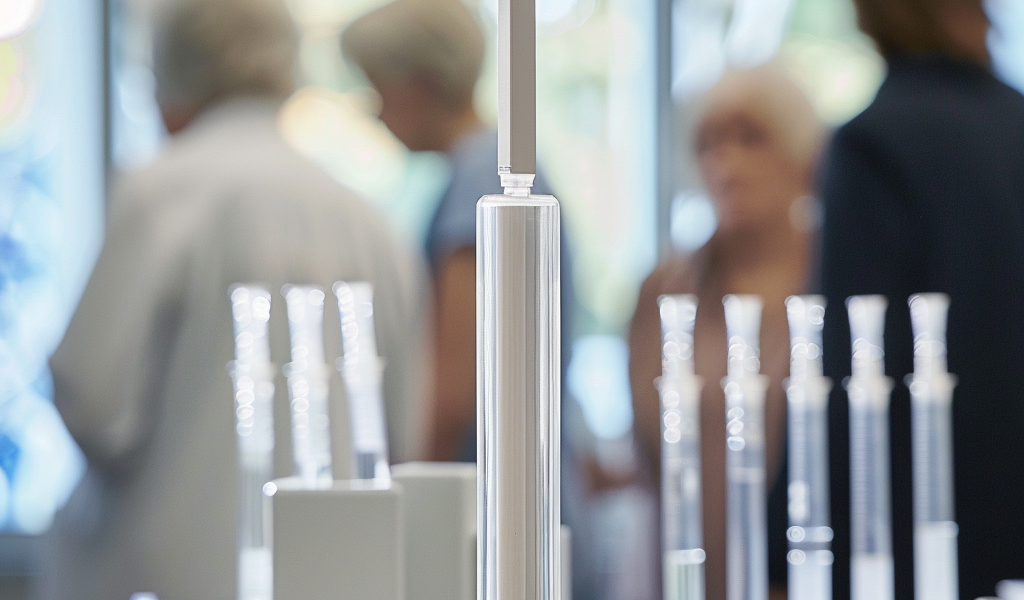In a groundbreaking development in the field of biological aging, researchers have unveiled a new test that could potentially predict an individual’s lifespan through a simple cheek swab. This innovative approach, detailed in a recent study published in Frontiers in Aging, leverages advancements in understanding biological markers to assess a person’s biological age.
The cornerstone of this research is a tool known as CheekAge, which is designed to provide insights into the biological age of individuals based on epigenetic changes in their cells. This epigenetic clock, introduced earlier this year, analyzes how genes are expressed and modified over time, revealing significant differences in biological aging across various tissues in the body.
To evaluate the effectiveness of CheekAge, researchers conducted a study involving over 1,500 participants aged between 67 and 90. Blood samples were collected from these individuals, and although the samples contained less than half of the DNA markers that CheekAge is capable of analyzing, the results were promising. The algorithm demonstrated a strong correlation between the biological age indicated by the cheek swab and the actual mortality risk of the participants.
One of the key findings from the study was the ability of CheekAge to distinguish between the chronological age of participants and their biological age. The analysis revealed that individuals in the oldest biological age category faced a mortality rate of approximately 50 percent, about 7.8 years earlier than those with the youngest biological markers. Notably, CheekAge outperformed existing epigenetic clocks in predicting mortality risk, marking a significant advancement in the field.
This promising tool’s ability to yield reliable results even when using blood samples rather than cheek cells is particularly noteworthy. While it is important to acknowledge that CheekAge is still in the developmental stages and cannot yet provide definitive predictions about lifespan, its potential applications in clinical settings are exciting. Once refined, CheekAge could serve as a valuable resource for healthcare providers, assisting in the assessment of biological age and associated health risks.
The implications of this research extend beyond mere curiosity about longevity. Understanding biological aging can have profound effects on health management, preventive care, and personalized medicine. As scientists continue to explore the relationship between biological markers and aging, tools like CheekAge may pave the way for more tailored healthcare interventions that could enhance quality of life as individuals age.
As the research community delves deeper into the complexities of aging, the possibility of predicting lifespan with a simple cheek swab may soon transition from a theoretical concept to a practical reality. The ongoing advancements in genetic research and epigenetics hold the promise of revolutionizing how we perceive and manage aging, potentially leading to longer, healthier lives for many.
In conclusion, the emergence of CheekAge represents a significant step forward in our understanding of biological aging. The ability to assess mortality risk through a non-invasive method could transform the landscape of gerontology and preventive healthcare, offering new insights and strategies for managing health as we age.





